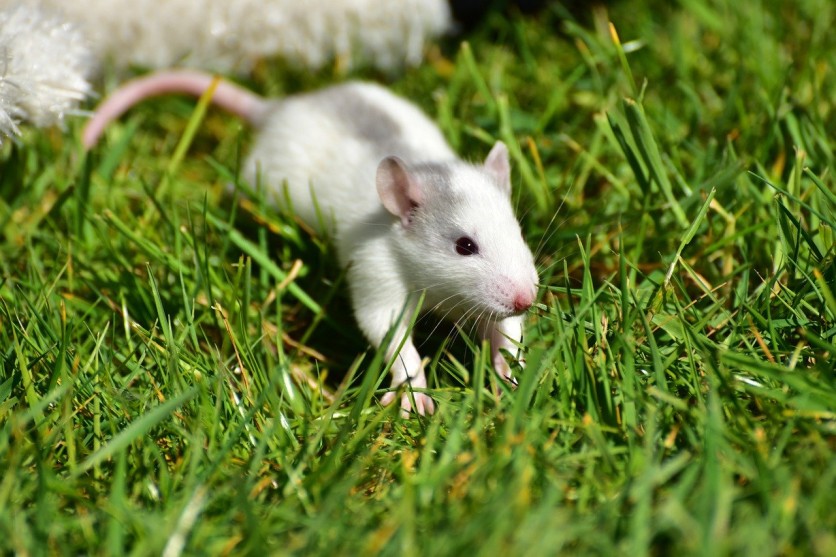We've all grown up knowing that learning is essential and that mistakes come with the whole learning process. In recent studies, it has been confirmed that our brain does change when we learn and that we can scientifically say we're "experts" by looking at our brain and neuron activity.
The Mice Study
Researchers from Cold Spring Harbor Laboratory or CSHL, as well as from different universities, including Flatiron Institute, Columbia University, and University College London, used mice to study their brain activity.

During the research, the scientists trained the mice on perceptual decision-making tasks, meaning the animals would receive multisensory stimuli through a sequence of clicks and flashes that are shown together.
Training the Lab Rats
According to Science Daily, the mice's main job was to tell the scientists whether the sequence was happening at a low or high rate through licking a waterspout before them.
There are three waterspouts, with the one in the middle indicating the start of the test, and each one for either the high-rate decision or the low rate decision. They would then be given rewards if they made the right decision.
"We recorded the activity from hundreds of neurons all at the same time, and studied what the neurons did over learning," said Anne Churchland, the Associate Professor of CSHL.
She also added that most studies about decision making were already performed when the animals are deemed "experts," but with their research, they were able to witness how they came from novice to expert by keeping track and measuring the brain neurons throughout the learning process.
The changes were then reflected in the activities of the mice's neurons, as well as the wiring of the cell circuits.
Through the mice study, they were able to discover that the neurons became more selective to a response with a particular task and that they also reacted much faster and more immediate than the initial stages.
Expert vs Novice
Churchland said to Inverse that the study's results also indicate that the human brain changes when learning and achieving expertise.
Additionally, the cells in our brain also learn to fire in particular ways as we go through adulthood.
"We saw really big changes in the brains of adult mice that suggest even adult mice as capable of figuring out a totally brand new environment," Churchland included.
Expertise is more than just memorizing the patterns, or the intelligence of the person, but also acquiring a more extensive knowledge that affects decision making.
ⓒ 2025 TECHTIMES.com All rights reserved. Do not reproduce without permission.




